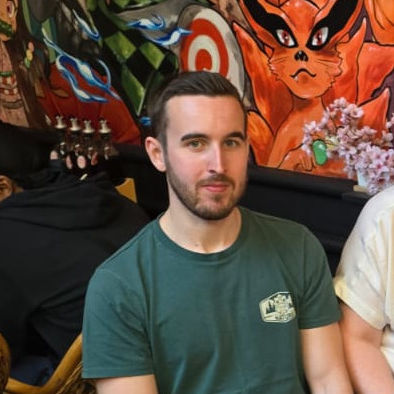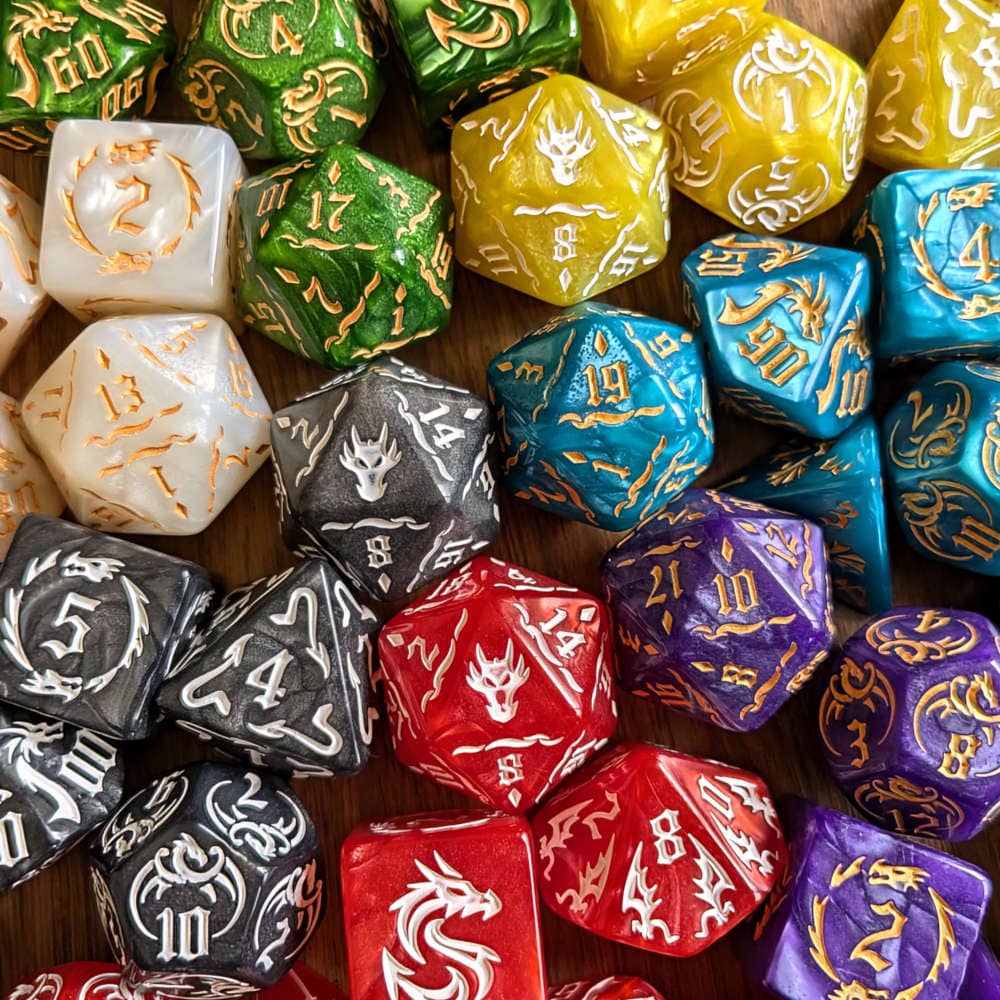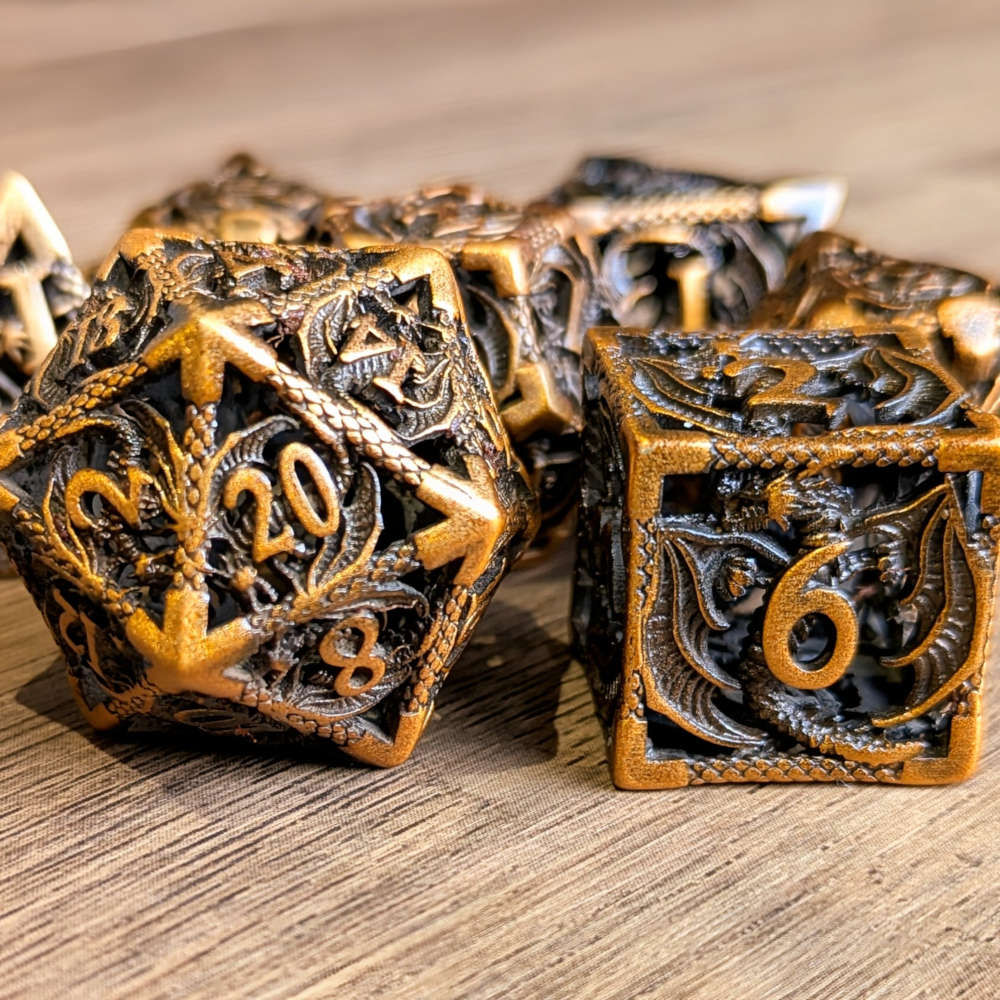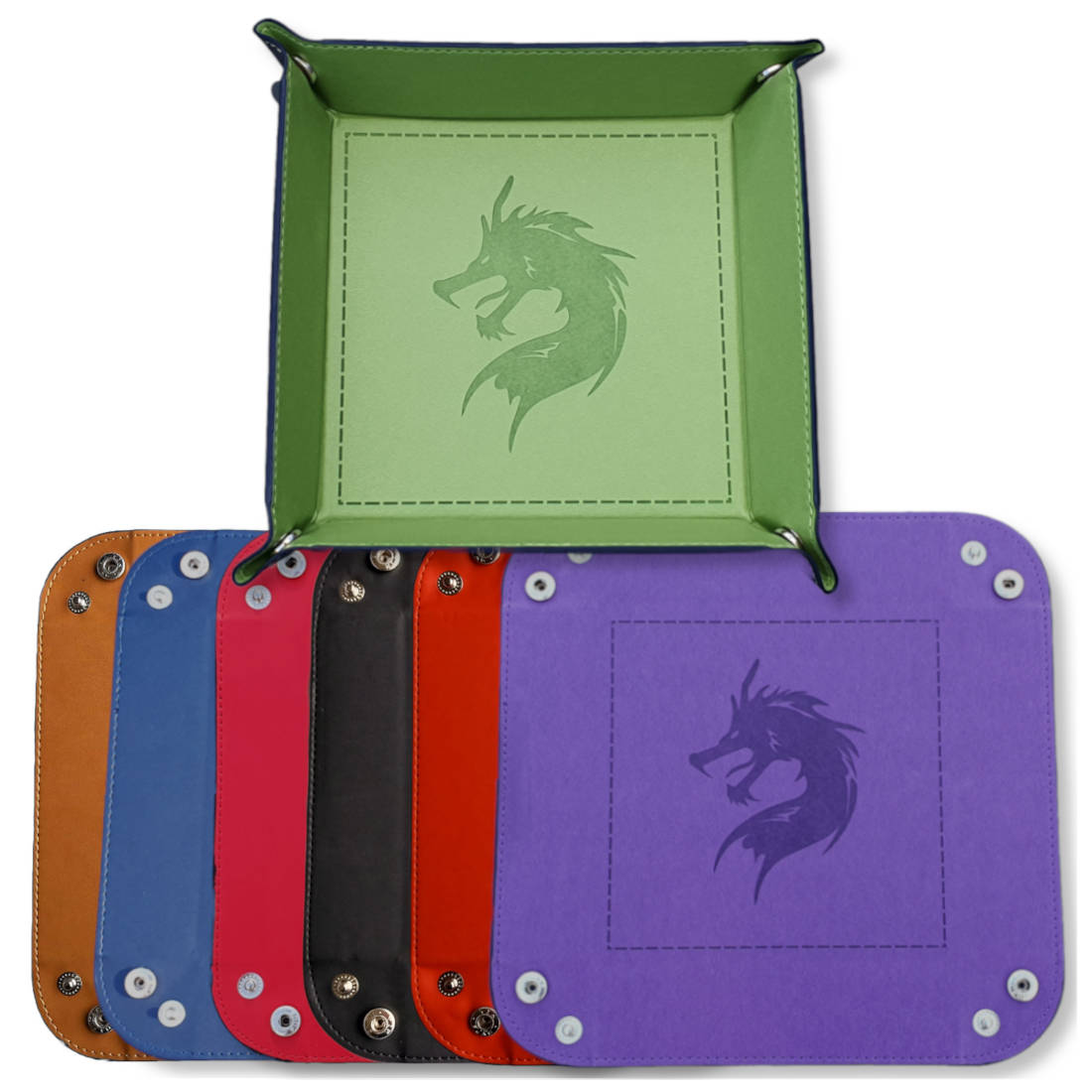How often should my DND group meet?

Amidst the sprawling landscapes of Dungeons & Dragons, where dragons soar and epic quests unfold, a quieter adversary often emerges - scheduling. While battling fearsome monsters and delving into ancient dungeons is at the core of the game, the delicate art of co-ordinating when everyone can meet and play can prove equally daunting, if not more so.
In this guide, we shall unravel the mysteries of scheduling. We will find the sweet spot of how often a D&D group should meet, and shed light on how to strike a balance between maintaining the momentum of your campaign and accommodating the real-world obligations that people bear.
How do I keep my D&D group together?
There are lots of factors that contribute to group cohesion, but none holds a candle to the cornerstone of scheduling. Finding the right day and time to meet is the fundamental thread that weaves your adventures together.
The first thing you should do when finding a D&D group is discuss how often you plan to meet and play. Whether it's a weekly rendezvous or a bi-weekly expedition, the frequency of your meetings sets the foundation for your shared journey. By clarifying this crucial aspect, you're not only setting expectations but also committing to a shared adventure that's bound by time.
How often should my group meet to play D&D?
While each group's circumstances and preferences vary, certain patterns have emerged as popular choices among seasoned adventurers.
Most D&D groups opt for a weekly or bi-weekly schedule. The choice between these two frequencies often depends on the pace of the campaign, the availability of the players, and the preferences of the Dungeon Master (DM).
Meeting once a week can create a sense of continuity and immersion, allowing players to maintain a strong connection with their characters and the unfolding storyline. This regularity fosters engagement and keeps the narrative momentum rolling, akin to the episodic rhythm of a TV series.
However, it's essential to tread the path of moderation. While the allure of delving into your fantasy realm might tempt you to play more often, it's crucial to strike a balance that doesn't diminish the game's magic or interfere with real-world responsibilities.
Playing too frequently might lead to diminishing returns, potentially making the once-epic moments lose their lustre and novelty. If you’re itching for some D&D-like action, but don’t want to burn out from the tabletop game, why not try a video game that is like DND?
Furthermore, the immersive nature of D&D can sometimes inadvertently serve as an escape from real-life challenges, so ensure that your gaming schedule doesn't become a way to evade these responsibilities.
While D&D can be good for mental health, overindulgence in the game can also lead to burnout, a risk that applies not only to players but also to DMs. Conversations within the group should centre on finding a pace that accommodates everyone's lives while preserving the enthusiasm and creativity that make D&D sessions truly exceptional.
Ultimately, the frequency at which your group meets should be a collective decision that respects the boundaries and commitments of all involved. By finding that sweet spot, you can craft a journey that captivates and delights while respecting the diverse lives and responsibilities of your fellow adventurers.
What is the longest D&D campaign in the world?
While the frequency of your D&D group's meetings determines the pace of your campaign, some take it to the next level. The world's longest-running D&D campaign is the brainchild of Robert Wardhaugh, a Canadian professor and dedicated Dungeon Master.
For over four decades, Wardhaugh's campaign has unfolded, spanning generations and amassing countless tales of heroism and adventure. Starting in 1982 with a group of friends, the campaign has seen the passing of characters, the rise and fall of empires, and the evolution of a dynamic and interconnected world. What began as a casual pastime has grown into a legacy that has transcended time and space.
As we ponder the frequency of our own D&D gatherings, Robert Wardhaugh's enduring campaign serves as a remarkable inspiration. It showcases the potential for D&D to forge lasting connections, create cherished memories, and stand as a living testament to the power of adventure and friendship.
How to schedule a D&D group
- Communication and flexibility: the cornerstone of a successful D&D group schedule is open communication. Discuss with your fellow players to find a suitable day and time that works for everyone. Flexibility is key, as real-world commitments may occasionally clash. Remember, a cooperative approach ensures that everyone's voice is heard.
- Give people notice: life's unexpected twists can occasionally hinder your participation in a session. When such occasions arise, show respect to your fellow players, and give them ample notice. This not only shows consideration for your fellow players but also aids in re-scheduling efforts.
- Delegate the role of scheduling: the Dungeon Master or a reliable player can take on the role of scheduling master. This individual can co-ordinate with the group, find common availability, and decide if a session need to be re-arranged or foregone.
As adventurers united in the pursuit of shared stories and legendary quests, maintaining a harmonious schedule is vital. By embracing open communication, flexibility, and delegation, you can defeat the beast that is scheduling and keep your D&D journey on track.
And for those seeking to add an extra layer of magic to their tabletop experience, don't forget to explore our range of D&D dice sets and tabletop accessories. Elevate your adventures and let the dice roll in style!





